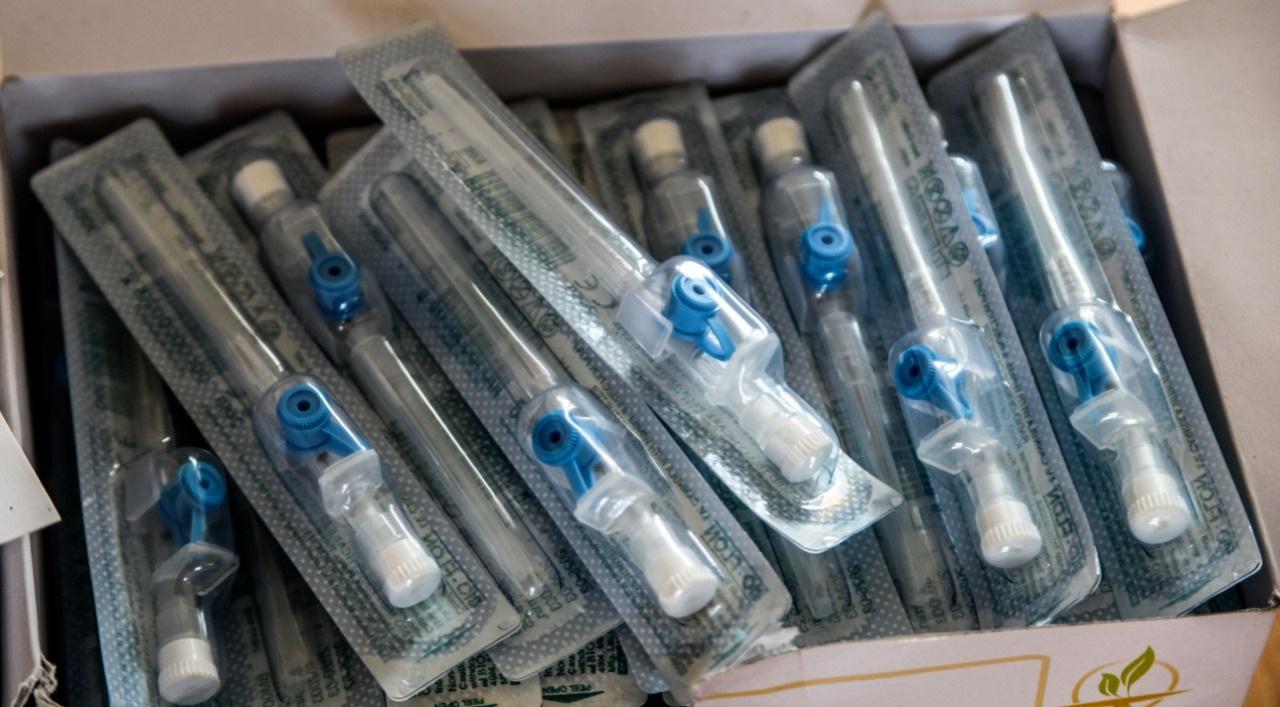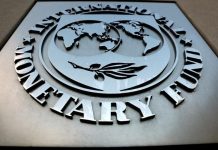Africa-Press – Mozambique. The insufficiency of medical supplies in health units is a sign of the violation of the Abuja Declaration and exposes weaknesses in the management of resources channelled to the National Health System (NHS).
Such is the perspective expressed by the Citizen’s Observatory for Health (OCS), which notes that, for example, at the José Macamo General Hospital [Maputo city], patients are required to use the same medical material for two days. Also, in the absence of tourniquets to locate the vein for drawing blood, healthcare professionals use [medical] gloves.
After the circulation of a statement reporting the lack of supplies and requiring that the patients provide their own, the OCS sought out patients to find out if it was true.
“It’s true that patients undergoing medical care are required to provide their own medical-surgical materials, namely, two catheters, two syringes and four gloves,” the resulting OCS report reads.
“They give us gloves and ask us to keep them for two or three days at least,” a patient told OCS anonymously. The source said that he was supposed to keep the gloves so that the next day, if the hospital wanted to draw more blood, they could use the same glove.
Two women from Pemba told the OCS on condition of anonymity that they felt seriously affronted when they saw the statement referring to the obligation to report to the hospital with their own medical supplies.
“I didn’t have any money to buy my own gloves and syringes so that they could assist me in childbirth. But I wasn’t in any position to complain, given the pain,” one of the women recalls, reluctant to furnish more details of her labour.
According to the OCS, it is recommended internationally that gloves be changed for each procedure and that each injectable medicine has its own syringe. For example, if medication is taken every six hours, four syringes a day are needed. One to two catheters may be used in a day, depending on the patient’s condition.
Information collected by the OCS indicates that a catheter costs 50 meticais in a private pharmacy, and two per day may be needed for each treatment. The price of a pair of gloves varies between 25 and 50 meticais, and syringes range from 15 to 25 meticais.
All this in a country where most of the population lives on less than a dollar a day.
For Camila Fanheiro, a clinical psychologist associated with ‘Saber Nascer ‘ – an organization active in the obstetrics field – the lack of supplies in health units reveals government weakness in the management of public resources.
“This shows that the government is misdirecting resources, even though national and international partners are financing the NHS,” Fanheiro says.
“We have already received information that, in certain health units, expired medications are administered to patients,” she adds.
“It doesn’t make sense to force patients to take their own supplies to the health unit. This represents an institutional violation, just as it represents an obstetrical violation, putting women in pregnancy, childbirth or postpartum” in danger, the psychologist stresses.
Fanheiro emphasises the need to humanize services provided by the NHS, concentrating first on the immediate rationalization of the distribution of resources in health units.
“Something must be done in the health sector. Last year, for example, I was forced to buy a colostomy bag for my father, because the hospital didn’t have one. My father nearly had to use a plastic bag or gloves. For me, this was a moral and psychological aggression,” Fanheiro complains.
It would require the government to spend at least 113 billion meticais, corresponding to 32% of the total expenditure and triple what was spent in 2020 to ensure minimum internationally acceptable conditions in the health sector, Fanheiro estimates.
“It is time to ask for more help”
In turn, Lia Viegas – also a clinical psychologist – believes that the lack of supplies in some health units reveals the deficit of stock at central level, as well as the pressure that the NHS has been subjected to by Covid-19.
“Rather than criticising, now is the time to ask for more help. At this moment, it is predictable that this disconnect would be felt,” Viegas says.
The Citizen’s Observatory for Health (OCS) got in touch with two entities involved in the management of Pemba Provincial Hospital regarding the situation. They diverged in their response, one declining to make any statement and the other confirming the existence of problems, but refusing to go into detail about any insufficiency of supplies at the hospital.
For More News And Analysis About Mozambique Follow Africa-Press






